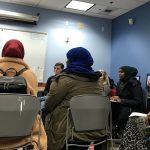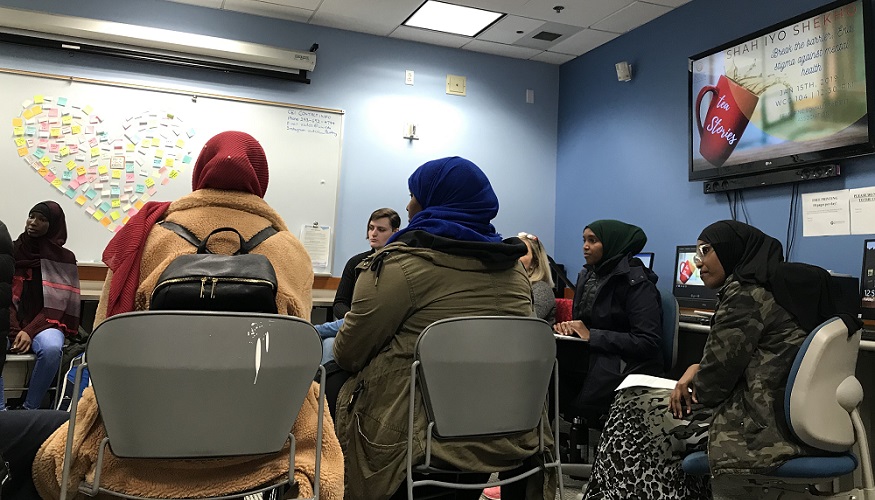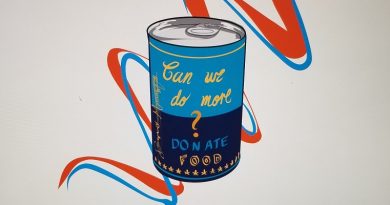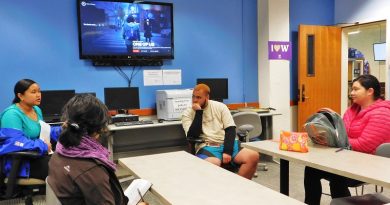Center of Equity and Inclusion hosts discussion about mental health
The Center for Equity and Inclusion partnered with the Somali Student Association on Jan. 15 to host Shah Iyo Sheko, meaning “Tea Stories” — an event series about mental health stigma in the Somali community. The event aimed to allow attendees to share their stories and experiences about their cultural biases on mental illness. The first few minutes into the discussion were dedicated to thinking about the phrases that come to mind when hearing the term “mental health illness.” The phrases mentioned were, “You’re just sad,” or “You’re just being dramatic.”
When attendees were prompted to consider what has influenced the perception about mental health, a response was the following:
“We don’t look at the people, we look at the labels… seeking help doesn’t change you as a person, but how people view you as a person.”
Dr. Cassandra Nichols, director of the Student Counseling Center and a licensed psychologist from UW Tacoma, emphasized the commonality of mental health illness in the United States. Nichols said that while mental health illness has been somewhat normalized in the U.S., people of color are still less likely to seek help due to cultural bias.
“I think that acknowledging mental illness and seeking counseling is more acceptable by white, mainstream people in the U.S,” said Nichols. “Both, however, are more likely to be stigmatized by people of color. The reasons are varied but include a lack of understanding of mental illness and counseling, historical bias and focus on western values in the counseling and psychotherapy field, and a lack of representation of mental health providers and researchers of color. At the UWT Student Counseling Center, about 45 percent of students seen for mental health counseling for the Fall 2018 quarter were students of color.”
The discussion explained that language barriers create an indirect translation of depression and anxiety to older generations, causing them not to fully understand the illness of younger Somali generations. Elders within the Somali community rely on religion to answer their mental illness issues rather than medical or therapeutic attention. A student confirmed this at the discussion, explaining that the Somali culture downplays feelings associated with mental illness, and instead relies on the Islamic religion as a cure.
“The community and family want to help, but they don’t have the resources,” Nasri Isaac, the Center for Equity and Inclusion member, said.
The event series Shah Iyo Sheko will continue to cover discussions about the many different cultures represented at UWT. The Center for Equity and Inclusion will announce future discussions and collaborations within the event series soon.
For more information:
www.tacoma.uw.edu/equity/center-equity-inclusion






